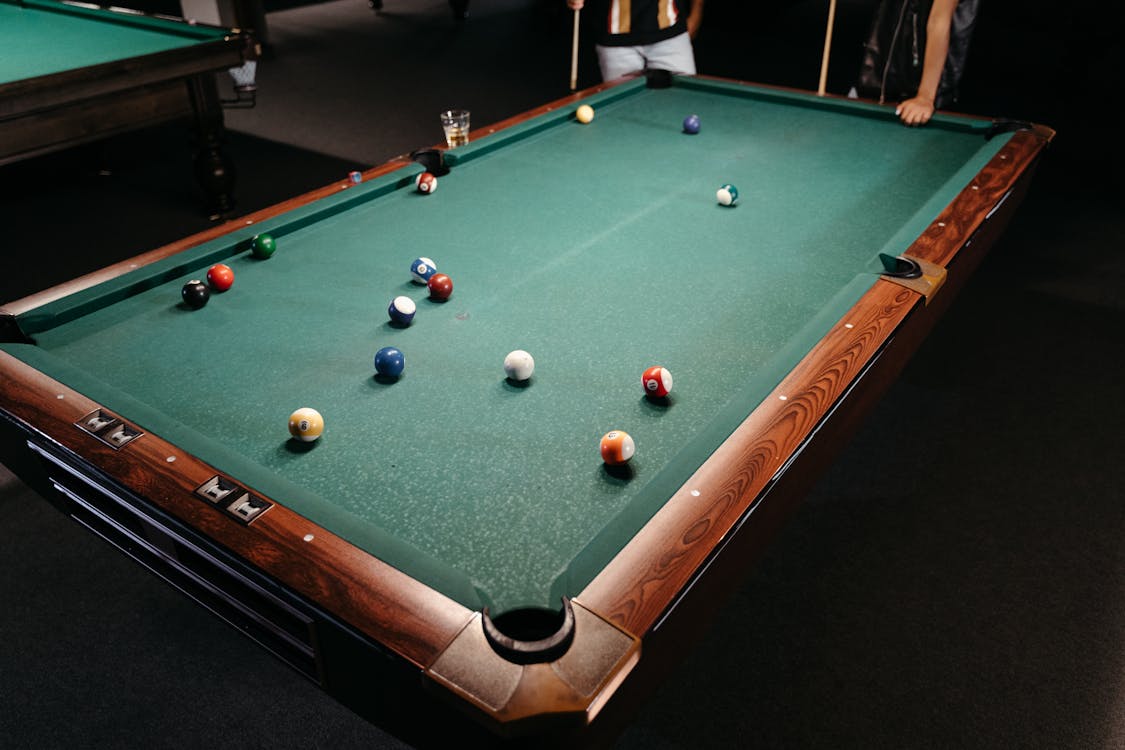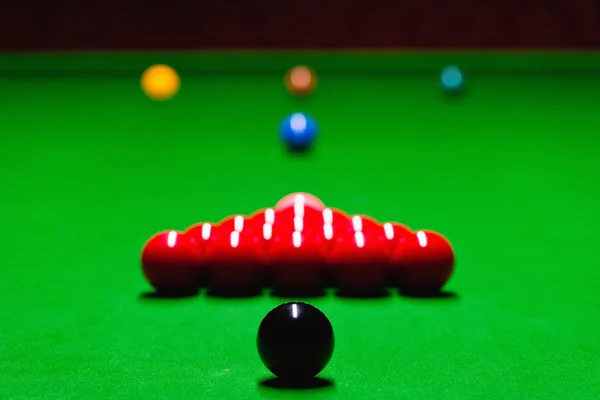The Sport of Billiards: A Game of Skill, Strategy, and Precision
Billiards, often referred to as pool or snooker, is a timeless sport that combines intricate skill, strategic thinking, and mental focus. With its origins in the 15th century, billiards has evolved into various forms, each with its own set of rules, challenges, and appeal. Whether played recreationally or professionally, billiards has long been enjoyed by people across the world. In this article, we will explore the history, rules, techniques, and cultural significance of billiards, emphasizing why this sport continues to captivate players and fans alike.
1. The History and Evolution of Billiards
The origins of billiards can be traced back to the 15th century in Europe, where it was first played outdoors as a game resembling croquet, using balls and wooden sticks. Over time, the game moved indoors and evolved into the various forms of cue sports we recognize today.
Billiards was initially popular among the French and English aristocracy and later spread to other parts of Europe. It wasn’t until the 19th century that the game began to take on the structure it has today, particularly with the development of the modern billiard table, featuring six pockets for the balls to be potted into.
As the sport gained popularity, variations like pool, snooker, and carom billiards emerged. Each form of billiards has its own distinct set of rules and challenges. For instance, snooker, developed in the late 19th century in England, involves a larger table and a set of 22 balls, while pool, a more straightforward and widely played version, features a smaller table and 16 balls.
2. The Basic Rules of Billiards
The rules of billiards can vary depending on the version of the game being played. Here, we will cover the most popular forms: eight-ball pool, nine-ball pool, and snooker.
Eight-Ball Pool: This is the most widely played form of pool. The game is played with 15 numbered balls (1–15) and a cue ball. Players are divided into two groups—stripes (balls 9–15) and solids (balls 1–7). The objective is to sink all the balls from the player's group and then legally pot the 8-ball to win. The game requires skillful cue ball control and an understanding of angles and positioning.
Nine-Ball Pool: Nine-ball is another popular variation, often seen in professional tournaments. In this version, only balls numbered 1 through 9 are used. Players must strike the lowest-numbered ball on the table first, and the goal is to pot the 9-ball, typically by making a combination shot. Precision, strategic shot placement, and knowledge of the game's intricate patterns are key to success.
Snooker: Snooker is played on a larger table with 21 colored balls and a cue ball. The objective is to score points by potting the colored balls in a specific sequence, starting with the red balls. Players alternate between potting red balls and then one of the colored balls, with each ball having a different point value. Snooker is often considered the most strategic and mentally challenging form of billiards, requiring an understanding of defensive and attacking tactics.
3. Key Skills and Techniques
Billiards is a sport that demands both physical and mental dexterity. The following are some of the fundamental skills and techniques players need to master:
Cue Ball Control: One of the most important aspects of billiards is controlling the cue ball, which is the ball that the player strikes with the cue stick. Skilled players can apply different types of spins (e.g., topspin, backspin, and sidespin) to control the cue ball’s movement after it strikes another ball. This allows players to position the cue ball optimally for their next shot, which is vital for maintaining control of the game.
Stance and Grip: A stable and balanced stance is crucial for delivering accurate shots. Players must position their body in a way that allows them to align their cue stick with the cue ball. The grip on the cue stick should be firm but relaxed, allowing for smooth, controlled strokes.
Angles and Geometry: The ability to calculate angles and understand the geometry of the table is a key skill in billiards. Players must read the table, anticipate where the balls will travel, and plan their shots accordingly. This is especially important in games like snooker, where every shot has a direct impact on the player's subsequent moves.
Mental Strategy: Billiards is often described as a mental game, as players must not only execute physical skills but also outthink their opponent. Strategic shot selection, defensive play (e.g., safety shots), and the ability to anticipate the opponent’s moves are essential for success. In competitive matches, players often try to force their opponents into difficult positions, where they may have to make risky or low-percentage shots.
4. Billiards as a Competitive Sport
While billiards can be played casually in bars, clubs, or homes, it has a strong presence in the world of professional sports. The sport has several major international tournaments, with the most prestigious being the World Snooker Championship, World Pool Championship, and Mosconi Cup.
Professional players like Ronnie O'Sullivan, Stephen Hendry, and Jeanette Lee have elevated the sport, demonstrating unparalleled skill and mental toughness. These athletes often engage in highly strategic, tension-filled matches that captivate audiences around the world. In particular, the growth of professional pool tournaments, especially in countries like the U.S. and China, has helped to push the sport into the global spotlight.
The popularity of billiards has also been fueled by the rise of televised competitions, live streaming, and the digitalization of the sport. These platforms allow fans to watch high-level matches from the comfort of their homes, increasing the sport's global reach and influence.
5. Billiards in Popular Culture
Beyond professional tournaments, billiards has a significant cultural presence. The sport has been featured in numerous films, television shows, and video games. Films like The Hustler (1961) and Color of Money (1986), both starring Paul Newman, helped to cement pool's status as a cinematic icon. These movies portrayed the tension, skill, and personality of professional billiards players, attracting new fans to the sport.
Moreover, billiards is often seen as a social activity that brings people together. Many recreational players gather around local pool tables for friendly competition, bonding over the shared experience. The accessibility of the sport, paired with the challenge it offers, makes it a popular pastime for people of all ages and skill levels.
6. Conclusion
Billiards is a fascinating sport that blends physical precision with mental strategy. Whether playing casually with friends or competing at the highest level, players must possess a combination of skill, focus, and patience to succeed. The sport’s deep history, varied formats, and global appeal ensure that it will continue to captivate audiences for generations to come. Whether you're a seasoned professional or a casual player, the allure of billiards lies in its elegance, its challenge, and the timeless joy of the game.




